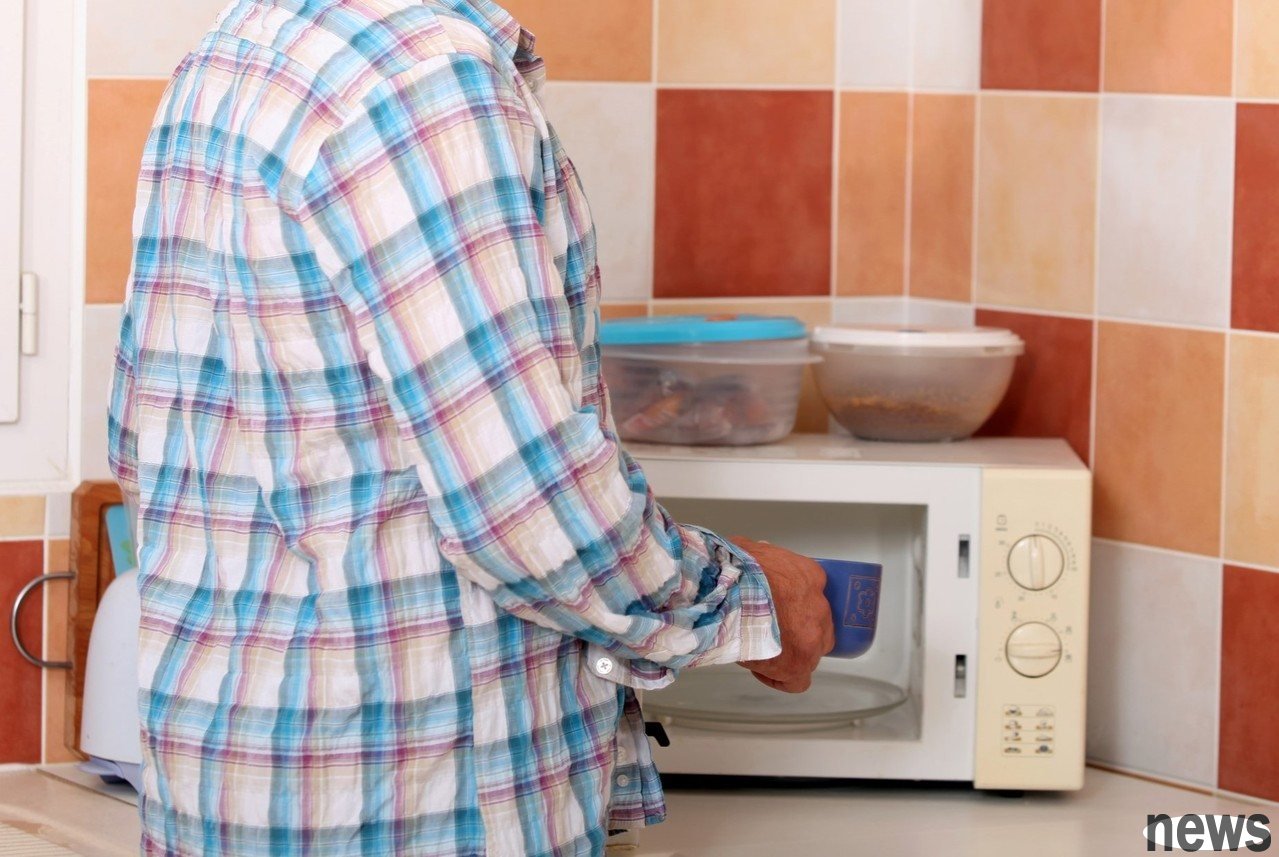Leftovers can be made for simple lunch, lunch snacks, and late-night snacks. Although it is convenient and fast to heat leftovers with microwaves, food experts say this is not the best way to cook. According to New York Post, MSU pointed out that mi...

Leftovers can be made for simple lunch, lunch snacks, and late-night snacks. Although it is convenient and fast to heat leftovers with microwaves, food experts say this is not the best way to cook. According to New York Post, MSU pointed out that microwaves can cause uneven heat in food, leaving behind a hot part that can keep harmful bacteria alive during the process. In addition, foods with microwave heat often have poor taste and may become too ripe or overcooked.
Food experts point out that no matter how busy you are, when should you avoid heating with microwaves and which foods should be avoided in this way.
1. Boiled eggsBoiled eggs are not only rich in protein, but also the best snack to bring; but food experts recommend eating cold ones instead of using microwaves to heat them up.
Nezhexi Nutritional Amanda Holtzer said that never boil eggs with microwaves and heated water, as this will produce vapor and pressure in the egg white, which may cause spraying. She said that this spray may occur in microwaves, or in plates, and what is even more terrifying is that it may explode in the mouth when bitten.
2. Vitamin C-rich foodsHotzer said that since vitamin C is water-soluble and is very sensitive to heat, do not use microwaves to heat vitamin-rich foods, which will reduce and damage nutrients.
Foods rich in vitamin C include cauliflower, bell peppers, berries and green leaf vegetables. To keep these foods intact with nutrients, Hotzer recommends eating them as raw as possible.
3. ChickenHotzer said that from the perspective of food safety, it is no problem to heat chicken; however, from the perspective of quality, she advised not to do this. She said that when the chicken is cooked and stored in the refrigerator, the fat in the meat will oxidize, which will change the chemical structure and flavor of the chicken; when reheated, the moisture in the chicken will steam almost the same, making the chicken both strange and poor taste.
For leftover chicken, Hotzer recommends reuse in foods that do not require reheating, such as chicken falafel or chicken rolls.
4. SeafoodHotzer pointed out that reheating seafood is not a good practice, and fish is the food she recommends not to make this way at all. She said that the high heat of microwaves will cause the water in the fish meat to evaporate quickly, creating a dry wood and rubber-like texture.
From the perspective of cooking, Jim Nuetzi, the Executive Director of the Asia-Pacific University, also believes that the best results cannot be achieved with microwaves. He said it would be difficult to reheat any seafood without being adversely affected, but heating the seafood with microwaves will make it more humid.
5. Steakexperts said that if you bring back some good steak from a good restaurant and want to heat it with microwave the next day, you will not be able to enjoy the same food experience.
Hotzer said that reheating the steak will lose its tender texture and flavor, which will dry and harden the meat; in addition, heating with microwaves will cause uneven temperatures, making part of the steak overcooked, while others will remain cold.